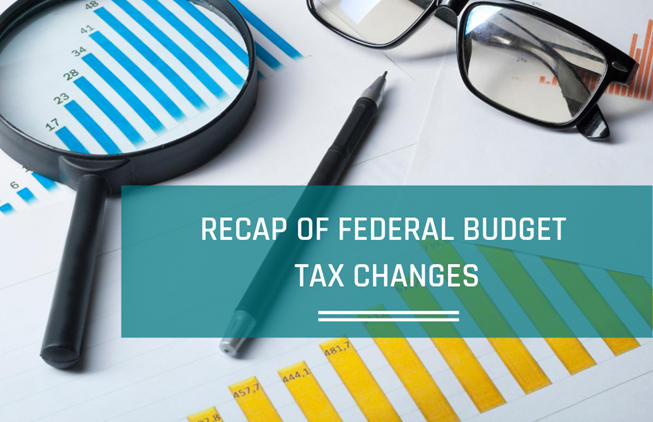
With the coalition winning government at the federal election, we relook at their tax policies announced in the 2019 federal budget.
With the election result being somewhat unexpected, many are unfamiliar with the tax changes promised during Josh Frydenberg’s federal budget announcement on 2 April 2019. A summary of the tax changes announced are as follows:
Individuals
Low Income Tax Offset Increase (LITO)
The government promises to increase the low income tax offset (LITO) again from the previous legislated amount of $645 to $700 per annum from 1 July 2022. The full offset applies to incomes up to $37,000 then will be reduced at 5 cents per dollar to $45,000 then 1.5 cents per dollar between $45,000 and $66,667.
Low and Middle Income Tax Offset (LMITO)
The government announced an increase to the maximum low and middle income tax offset from $530 to $1,080 per annum. Taxpayers with a taxable incomes of $37,000 or more will start to receive an incremental increase of the LMITO base amount of $255. Taxable incomes between $48,000 and $90,000 will be eligible for the maximum offset of $1,080. The offset will phase out at 3 cents per dollar from $90,000 to $126,000.
Personal Tax Cuts
The government proposes tax cuts over a 7 year period. The proposed tax cuts are as follows:
| Tax rates | From 1 July 2018 | From 1 July 2022 | From 1 July 2024 |
| $0 – $18,200 | $0 – $18,200 | $0 – $18,200 | |
| $18,201 – $37,000 | $18,201 – $45,000 | $18,201 – $45,000 | |
| $45,001 – $200,000 | |||
| 32.5% | $37,001- $90,000 | $45,001 – $120,000 | |
| $90,001- $180,000 | $120,001 – $180,000 | ||
| $180,001 + | $180,001 + | $200,001 + |
Business
Instant Asset Write-off
Businesses with a turnover of up to $50 million can claim a deduction for each asset purchased and first used or installed ready for use, up to the following thresholds:
- $30,000, assets acquired from 2 April 2019 until 30 June 2020
- $25,000, from 29 January 2019 until before 2 April 2019
- $20,000, before 29 January 2019.
This has already been passed and is now legislated.
Division 7A changes postponed
Division 7A of the Income Tax Assessment Act covers loans made by private companies to its shareholders. The provision targets private companies, which make loans, advances or provides credit to shareholders on non-commercial terms rather than distributing the profits as taxable dividends. Significant changes to change the way Division 7A works were intended start taking effect from 1 July 2019. These reforms have now been pushed back to 1 July 2020.
Luxury Car Tax Refunds for Farmers and Tourism Operators
The Government plans to provide further relief to farmers and tourism operators by amending the luxury car tax (LCT) refund arrangements. For vehicles acquired on or after 1 July 2019, eligible primary producers and tourism operators will be able to apply for a refund of any luxury car tax paid, up to a maximum of $10,000.
Compliance – ABN Holders
From 1 July 2021, businesses will find their Australian Business Number (ABN) cancelled if they fail to lodge their income tax return. In addition, from 1 July 2022, businesses will be required to annually confirm the accuracy of their details on the Australian Business Register. Currently, businesses are able to retain their ABN regardless of whether they are meeting their income tax return lodgement obligations or the obligation to update their ABN details.
Superannuation
From 1 July 2020, those aged 65 and 66 will be able to make both voluntary concessional (before tax) and non-concessional (after tax) superannuation contributions without the requirement of satisfying the requirement to work a minimum of 40 hours over a 30 day period (Work Test). Currently, people of 65 years of age and above can only make voluntary contributions if they pass the ‘work test’.
Those aged 65 and 66 will also be able to bring forward three years of non-concessional contributions.
In addition, the age limit for spouse contributions will be increased from 69 to 74 years. Currently, those aged 70 years and over cannot receive contributions made by another person on their behalf.
Many of the above announcements are yet to be passed by parliament. Please keep an eye out for our future blogs for future updates on legislation changes.
Should you have any questions regarding these changes and how they affect you, please contact your Altitude Adviser.

